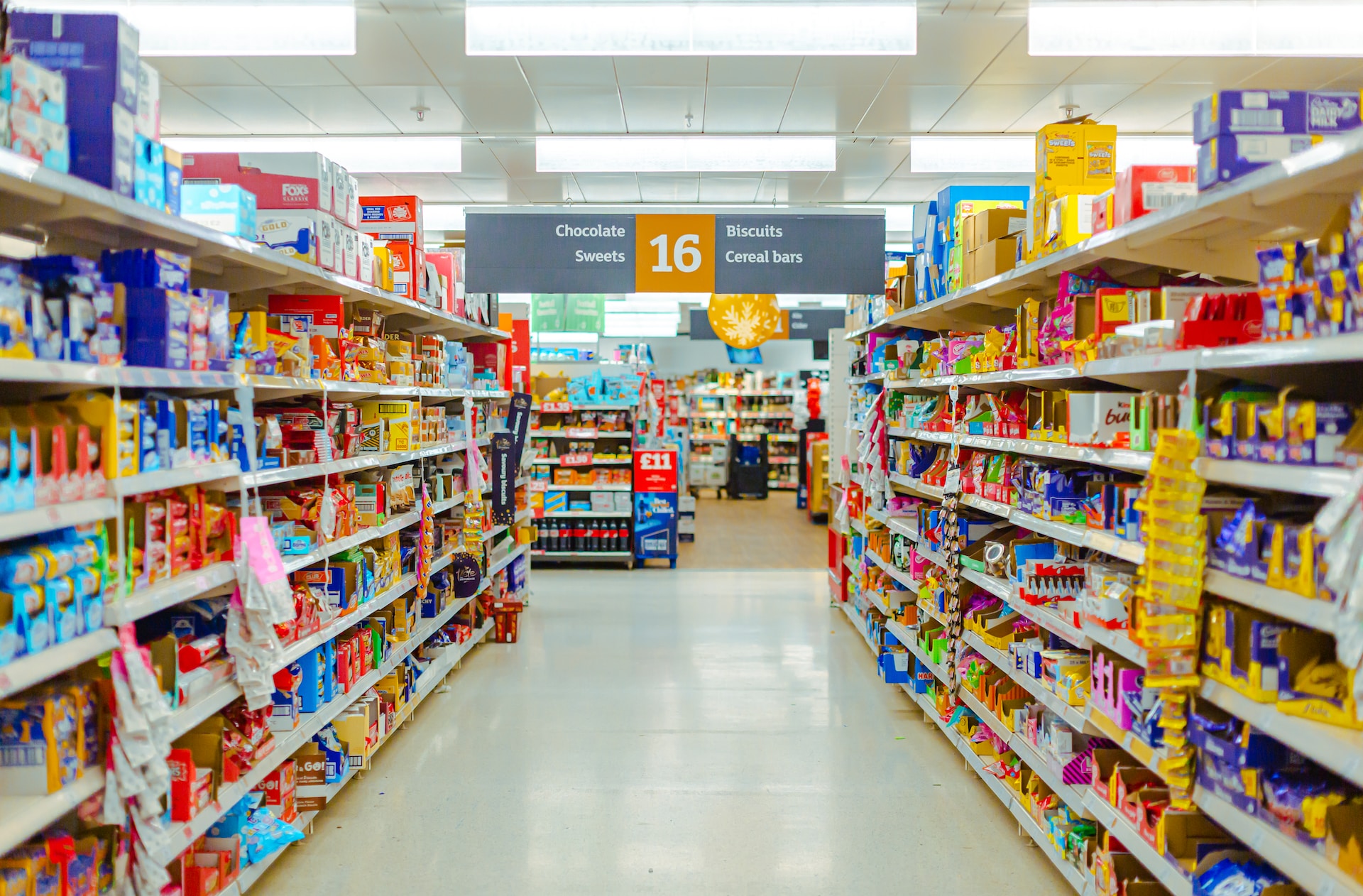
By Dr Sarah Montano and Dr Inci Toral
Department of Marketing
We have all seen and felt the rising costs of groceries in our wallets. It has felt like every time we have been to the supermarket that prices have jumped once again. This steep rise in prices has concerned the Government, and so recently supermarket bosses have been in the news as they were called to the Business and Trade Committee to answer questions on why exactly prices have risen so much.
Rising Prices
Over the last year food inflation has been as high as 19.1%, and whilst food inflation fell to 8.4% in June, it still has a long way to fall before customers start to feel a positive impact on their weekly shop. In a survey from the ONS, 48% of adults said they were buying less food when shopping in the past two weeks. 60% said that their cost of living had increased and of those, 96% said food price rises were the reason for this increase. Analysis from Sky News showed that the following products had significantly increased in price, from April 2022 to April 2023:
- Cheese: 29.3%
- Vegetables: 22.2%
- Bread and Cereals: 18.7%
Given the fact that these are some of the most frequently bought products, it is clear to see why we have all felt the impact of price rises. This has undoubtedly put a strain on household budgets, and many people are struggling to afford to feed their families.
Supermarket Responses
The supermarkets have responded by vociferously denying that they were making profits due to the increase in food prices and that in fact, they have made less profits due to a number of challenges that are driving up their costs, including the rising price of energy, the cost of transportation, and the impact of the war in Ukraine. They also stated that as a result of these challenges, they were absorbing some of the increased costs themselves and not passing these down to customers. In fact, Tesco were still keen to stress that their old motto of “every little helps” is still applicable by stating that they are doing “everything they can”.
Here are a few useful tips until the prices come down:
- Impulse buying can increase your shopping bill; making a shopping list and sticking to it can help you avoid impulse buying. Another way to avoid impulse buying is online shopping. Out of sight, out of mind!
- Checking the prices carefully will help you keep an eye out for cheaper items and you might even consider shopping around to find the best price for the best quality.
- Check the price of supermarket own brands. The quality of supermarket own brands is often not so different than the well-known manufacturer brands and they might be cheaper. However, you should always check the price.
- Make use of your loyalty card offers, other discounts, and price promotions.
- You might consider buying in bulk if you have enough storage.
- Supermarkets’ “reduced to clear” sections might offer some interesting choices but can yield some great bargains!
What does the future hold?
Hopefully, we are starting to see some green shoots on the horizon. Supermarkets have started to reduce their prices. Reuters report that prices charged by manufacturers rose only 2.9% in the 12 months to May and this was the smallest increase since March 2021. This should eventually “show up” in steadier prices in supermarket goods that have high manufacturing costs e.g. ready meals. Tesco have stated that they have reacted very quickly to the slowdown in inflation by reducing the prices of essential items such as milk, pasta and bread. Of note, supermarkets have been keen to leverage the use of their loyalty cards to offer reduced prices to customers. Tesco state that your Clubcard has the “power to lower prices” and Sainsbury’s has discounted Nectar prices, whilst Asda offer rewards of “pounds not points.” So, whilst things are difficult right now, there are some signs of tentative hope on the horizon.
- More about Dr Sarah Montano and Dr Inci Toral at the University of Birmingham
- Back to Business School Blog
The views and opinions expressed in this article are those of the author and do not necessarily reflect the official policy or position of the University of Birmingham.
